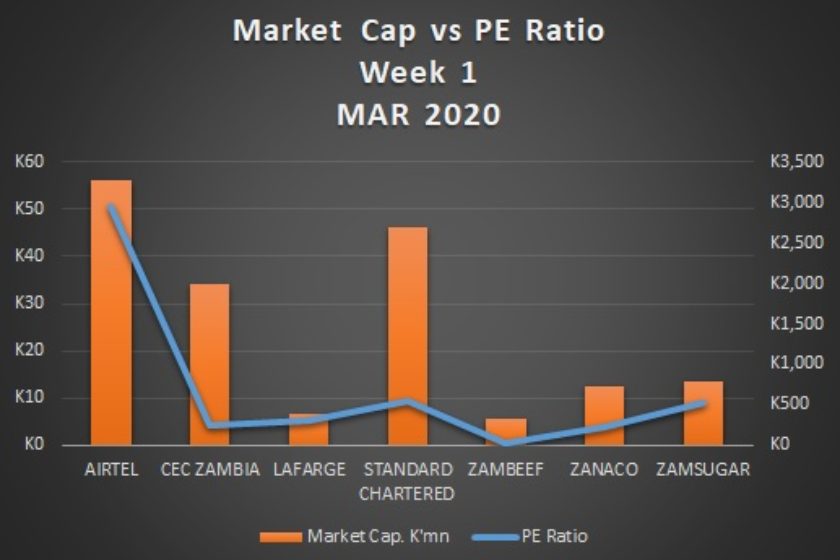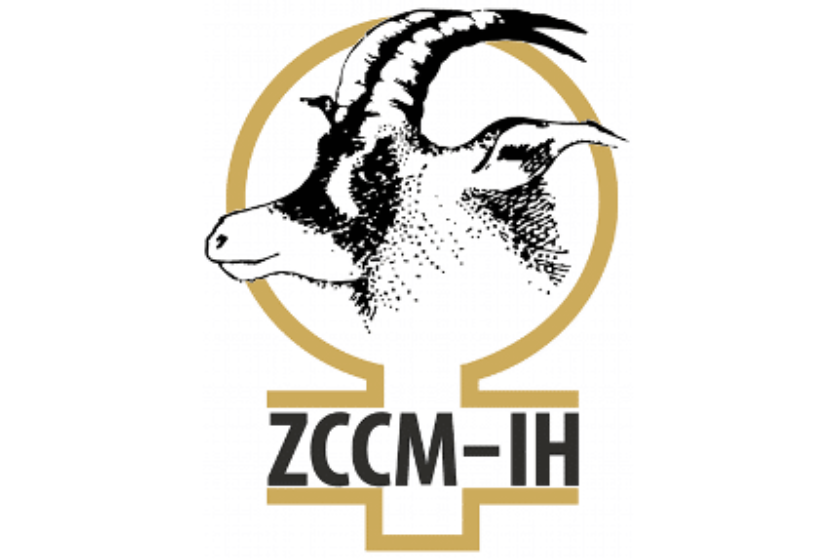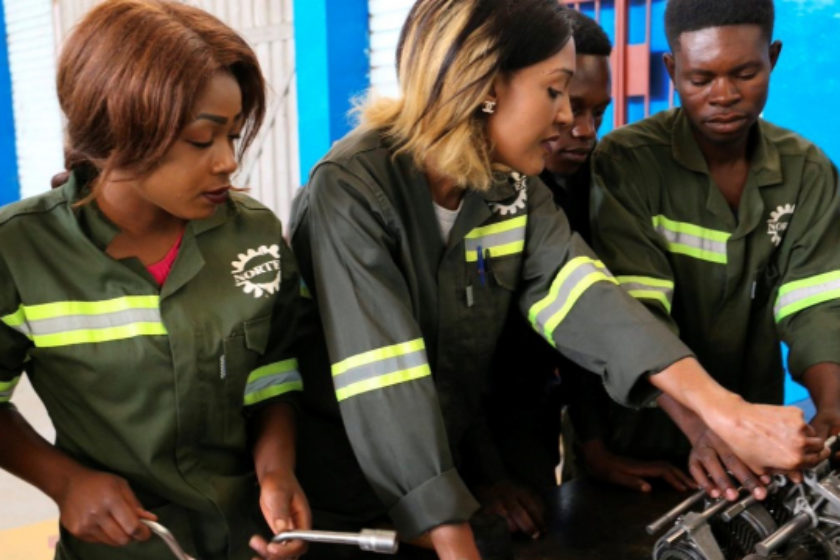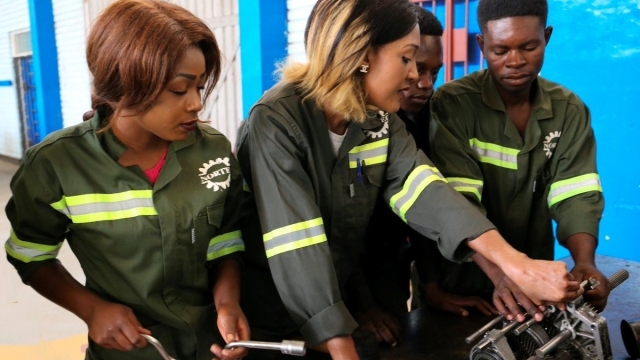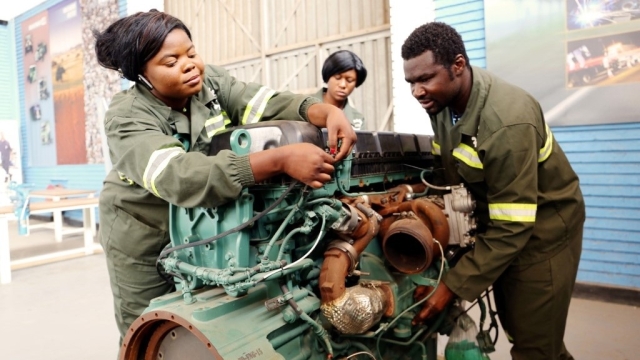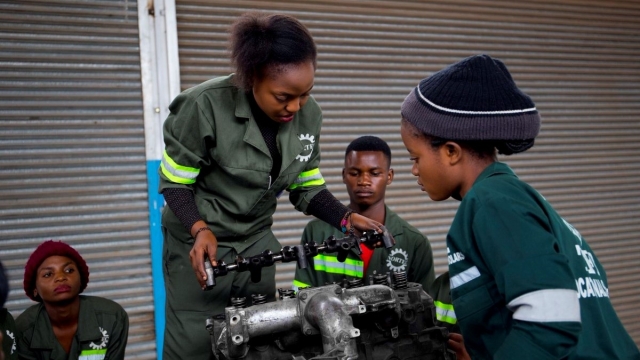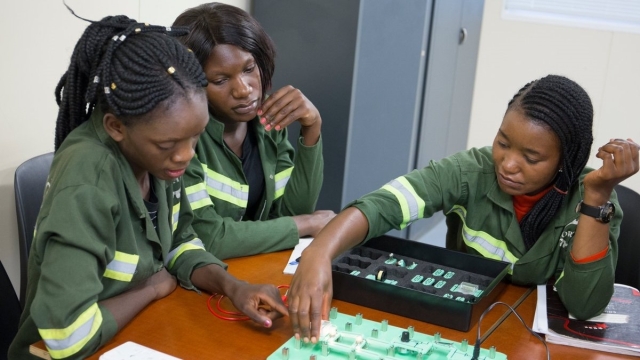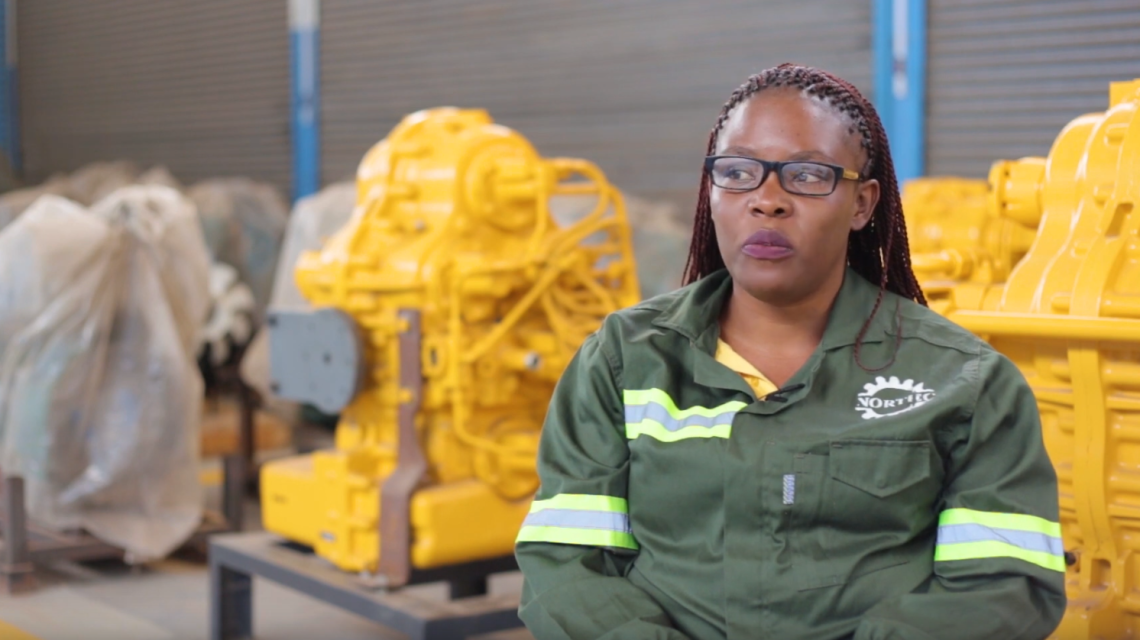Angola’s new diamond trading policy generated an average annual growth of gross revenue of about 8.5% in the past two years.
According to a media statement issued by Sodiam – the National Diamond Trading Company of Angola-, while in the 2016-2017 period gross revenue grew by 2.3%, in 2017-2018 it grew 10.8%, totalling $1.22 billion, and in 2018-2019 it grew by 6.2%, totalling $1.29 billion.
WHILE THE TRADING POLICY IS YIELDING POSITIVE RESULTS, ENDIAMA EP, A STATE-OWNED COMPANY THAT CONTROLS DIAMOND MINING CONCESSIONS IN ANGOLA, IS PREPARING FOR ITS IPO IN 2022
The positive results follow a 2018 decree that eliminated the figure of ‘preferred customer’ and implemented new ways of selling diamonds.
Before, preferential customers who were chosen by the head of state were the only ones who could buy diamonds from Sodiam at discounted prices and within specific quotas. This led to monopoly practices and corruption.
“In this period from 2012 to 2017, eight companies operated exclusively in Angola, under the status of preferential customer, and from 2013 to 2017, the companies Iaxon, Relactant and Odyssey, together, acquired more than 50% of the diamond production,” the media brief states.
To put a halt on such practices, the 2018 decree proposed a new sale modality that involves contracts or sights, auctions/tenders and spot. To take part in this, Sodiam clients register online on the state company’s website and undergo financial and security checks.
The base sales reference price is defined through an agreement between the producer, Sodiam and an independent evaluator. The purchase is only effective if its offer is equal to or higher than the base sales reference price.
According to the National Diamond Trading Company of Angola, besides the rise in revenues, the new set of measures has sparked interest with more than 120 companies registered in Sodiam’s customer portfolio and three new polishing factories opened in the country.
Source: Mining.Com


